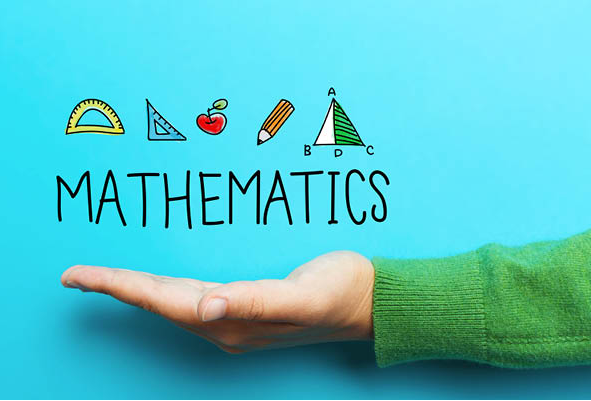 The kids that I am working with are some of the brightest kids I have ever met. Yet if I measure their intelligence just on their math skill, they will appear to be some of the dumbest kids in the area. This is my second batch of students that I am dealing with. I have worked with a group of 10 kids last summer and with about 30 kids this recent summer of 2018.
The kids that I am working with are some of the brightest kids I have ever met. Yet if I measure their intelligence just on their math skill, they will appear to be some of the dumbest kids in the area. This is my second batch of students that I am dealing with. I have worked with a group of 10 kids last summer and with about 30 kids this recent summer of 2018.
Even though these kids are past their 9th grade, I started off my math classes with basics. I wanted my children to know their multiplication tables. After that is taken care of, they should be able to do additions and subtractions with reasonable accuracy. They are able add simple numbers but not those with carry over values. Subtractions that result in negative numbers is another area of concern. Once they feel comfortable in dealing with numbers, I take them to abstract terms that are part of algebra.
They can tell me what is (a+b)2, but they are unable to relate the same to (a+(b+c))2 or with say (sinx + cosx)2. So every time they encounter a situation in which they have to find a relevance to the simple concept of (a+b)2, I had to patiently wait for them to realize that ever elusive relevance. They know that (x + y)/x is not same as x (after striking off x and x). Whenever x and y are changed to a and b or sinx and cosx, they are not able to find the relevance for what they already know. Sometimes I had to challenge them to think hard. Sometimes I insult them unabashedly only to make them have a hearty laugh at the silliness in the way they were thinking.
Dealing with abstract terms is difficult when we are not wired for abstract thinking from early childhood. The symbol x means many things to many people. For mathematically inclined it represents the unknown. Math is a language in itself and it must be conveyed in that language and nothing else. To begin with it must be taught in native language at first to make sure that the child is able to connect to the concepts. The child must be challenged to think in abstract terms. If it is not taught well, at first it will appear to be very complex and slowly it turns into a boring topic with no relevance whatsoever to daily life. Teachers must teach their subjects with passion. It is more so with mathematics. They must most certainly avoid complex jargon. Children must be taught to think in numbers first.
To be able to think in Mathematics is a gift. I tried to teach them two mantras “mathematical representation” and “substitution”. Whenever they encounter a problem they should find a way to convert the problem into some mathematical representation. This should help them think clearly about knowns and unknowns. Later they have to figure out a way to substitute some of the unknowns with some knowns that are not directly connected to the problem and solution appears!
I was able to teach them Progressions, Coordinate Geometry, Linear Equations, Quadratic Equations, Trigonometry, and Applications of Trigonometry. They did not have many problems in understanding these concepts but they were having great difficulty in applying some of the basics that they should have known in lower classes. So, every problem in each of these chapters was taught by first discussing the fundamentals.
Every math class I wait for that “aha” movement to emanate from at least one of the 30 students that I am dealing with. On most days I was able to see that. I later learnt that they need many “aha” movements to actually fall in love with mathematics. At the end of the summer classes, I know that I have been able to generate some interest in mathematics in most of my students.
For some, however, math is just not their cup of tea. They all know that they will never ever touch a math book after tenth standard. They just have to tolerate it for the rest of the academic year. It is very sad that some of them are just going to mug up solutions to some of the problems and vomit them on to their answer sheets. They somehow hope that some miracle will help them cross the most feared bridge called “tenth standard public examination”. With corrections being lenient, their hopes are not usually dashed. But for some they need a lot more than lenient correction to cross that bridge. But once that sacred bridge is crossed, life will never be the same w.r.t mathematics.

{ 3 comments… read them below or add one }
Sairam. Nice way to deal with students.
Sairam. Thank you brother…
Sairam Sir,
Read one of your articles after a very long time. Would love to hear more from you on many more things.
Regards,
Vijay